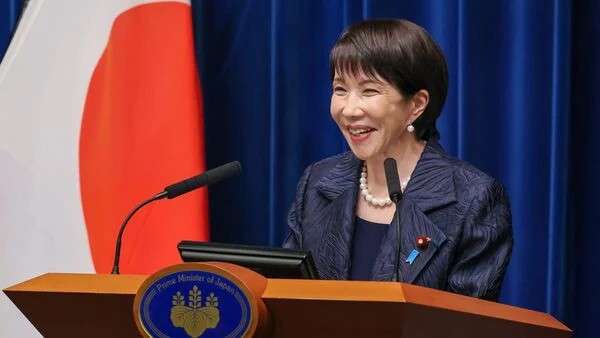Japan’s unprecedented 3 AM strategy meeting, called by Prime Minister Sanae Takaichi, has triggered fresh scrutiny of the country’s long-studied crisis of overwork, reviving global conversations on labour fatigue, leadership responsibility, and workforce sustainability. The late-night directive initiated due to an equipment glitch during urgent briefings comes as Japan continues to battle karōshi, a phenomenon extensively documented in international labour research as “death by overwork.”
Takaichi’s admission that she routinely sleeps two to four hours has intensified concerns among policy researchers, behavioural scientists, and labour economists, who view sleep deprivation among leaders as a risk factor for impaired judgment and normalization of excessive work culture. Critics argue that such extreme schedules may unintentionally validate unhealthy expectations across hierarchical workforces.
Japan, despite years of regulatory reform to curb overtime, remains a global case study in the physiological and socio-economic toll of sustained labour pressure. Scholars have warned that chronic overwork deepens productivity stagnation, aggravates demographic decline, and accelerates burnout-related illnesses.
The backlash against Takaichi’s 3 AM meeting arrives at a pivotal moment, as the government evaluates proposals to loosen overtime caps to increase incomes. Analysts caution that leadership behaviour shapes national labour norms meaning symbolic decisions matter as much as policy.
In a nation balancing economic urgency with human well-being, Takaichi’s sleepless governance has become a live experiment in how much stress a modern democracy expects its workforce and its leaders to endure.

